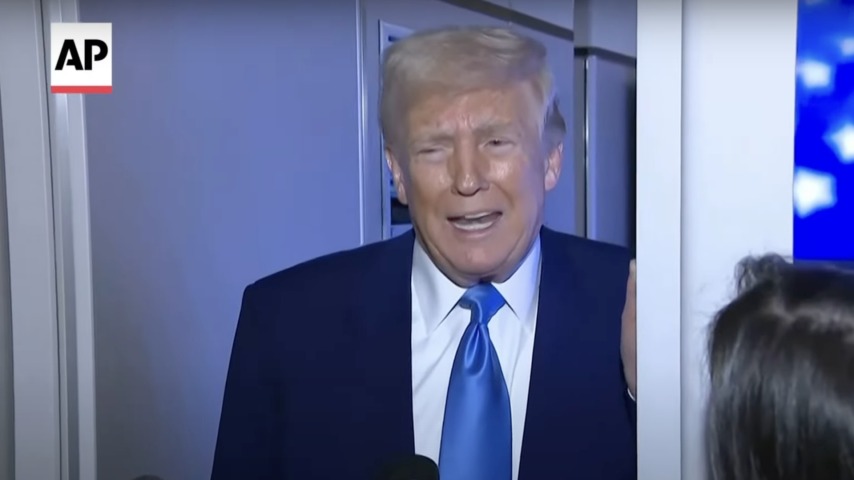The only problem is, he already announced this back in May. At the time, critics and industry insiders alike were confused as to what a foreign film tariff would actually mean, and how it would work. Would the tariffs be imposed on films that outsource particular aspects—financing, post-production, visual effects, etc.—even if the final product is a nominally “American” movie? Or does it only apply to actual international films (e.g., Anatomy Of A Fall, Parasite, etc.)? And if that was the case, how would tariffs even apply to distribution, particularly when much of it is done through streaming these days? These are just a few of the questions that his initial announcement raised.
Trump’s renewed threat of a film tariff doesn’t answer any of those queries. In the nearly five months since he initially floated the prospect, he hasn’t made any moves to actually put it into practice. Perhaps he’ll once again lose steam on this idea. He previously said he’s “not looking to hurt the industry,” and a foreign film tariff, whatever that really means, would surely throw the industry into chaos. Studio heads like Ted Sarandos, David Zaslav, and David Ellison have all met with the president before, and would surely implore him to reconsider if the tariff was going to affect their bottom line. Most studios shoot major productions abroad due to significant incentives in places like Canada, Australia, and the U.K. Disney’s Marvel productions are essentially based in London these days, for instance.
The lack of domestic productions, particularly in Los Angeles, is indeed an ongoing issue. (In July Governor Gavin Newsom, one of Trump’s most prominent enemies, signed a $750 million tax incentive to film in California.) Trump named a few “ambassadors to Hollywood,” including Jon Voight and Sylvester Stallone, who offered their own ideas for boosting domestic film production. Per Deadline, they largely left tariffs of any kind out of their plans.

 Keep scrolling for more great stories.
Keep scrolling for more great stories.
